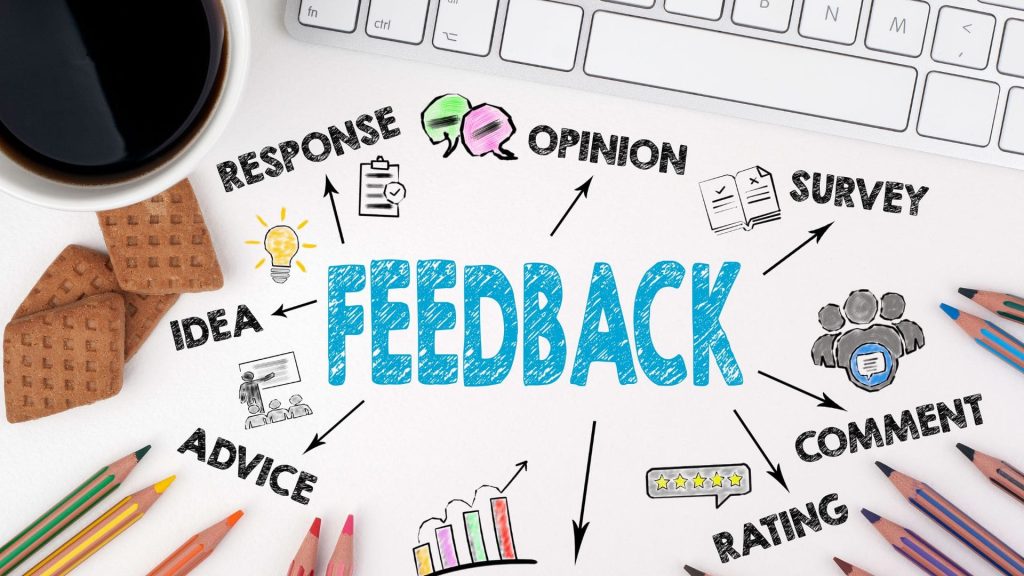
Why is Emotional Intelligence Important in Leadership?
Efficiency and speed are the two main parameters by which leaders evaluate their employees’ work. However, the problem is that focusing too much on these can limit an employee’s long-term growth and productivity. It can also cause employees to leave the company to find jobs offering more growth opportunities and independence opportunities.
Many leaders rely on emotional intelligence to assess their employee’s performance in the modern world. This helps them understand their employees’ emotions and motivation levels, not just their speed or work efficiency.
According to experts, emotional intelligence is one of the most useful ways for leaders to analyze, manage, and improve their team’s performance. This is because it supports growth, innovation, and creativity.
I will explain emotional intelligence and its importance in modern-day leadership in this article.
What is Emotional Intelligence?
Emotional intelligence refers to the ability to recognize, understand, and manage one’s own emotions while also being able to identify, understand, and influence the feelings of others.
This term or concept was first introduced in the 1990s, and ever since then, it has gained popularity and acceptance.
Emotional intelligence involves five main components. Below, I have mentioned them for your knowledge:
- Self-awareness: Recognizing and understanding your own emotions. Being self-aware helps leaders control their emotions, especially when working in a tough environment.
- Self-regulation: Healthily managing your emotions. Self-regulation is also about being positive and spreading positivity in the workplace.
- Motivation: Using emotions to pursue goals with energy and persistence.
- Empathy: Understanding the emotions of others and helping them in challenging situations or appreciating them in their victories.
- Social skills: Managing relationships to move people in desired directions.
What is the Role of Emotional Intelligence in Leadership?
Most leaders working in professional settings today rely on technical and communication skills. People who lack emotional intelligence can never survive in challenging situations.
Today, emotional intelligence has become an important skill for mature and emerging leaders. I have mentioned some popular reasons why emotional intelligence is so important here.
Building Stronger Relationships
Leaders with high emotional intelligence can build stronger, more meaningful relationships with their employees. By understanding and respecting the emotions of their team members, leaders can easily promote a culture of trust and loyalty. This is very important for making a cohesive and collaborative work environment.
Enhancing Communication
Effective communication is very important when it comes to the success of a leader. Emotional intelligence enables leaders to communicate more effectively by being in check with their own emotions and the emotions of others. This leads to clearer, more empathetic interactions, reducing misunderstandings and promoting an environment of openness and transparency where everyone can discuss problems or float any queries they might have.
Improving Conflict Resolution
Conflicts and problems are very common in any workplace. Leaders with high emotional intelligence are better equipped to handle disputes by addressing the underlying emotional issues and finding mutually beneficial solutions. Their ability to weigh different perspectives helps de-escalate tensions and promote a harmonious work environment.
Boosting Employee Morale and Drive
Emotionally intelligent leaders are the ones who are good at recognizing and understanding the feelings of their employees. This recognition can help them boost employees in their difficult times and also appreciate them for their small achievements. This practice can increase employees’ morale and inner drive, increasing job satisfaction. By having EI, leaders can make their employees feel more valued and motivated.
Promoting Creativity and Innovation
A workplace with emotionally intelligent leaders would always encourage employees to be innovative and creative. Leaders who manage their emotions and that of their employees can easily create an environment where everyone would feel safe expressing their ideas and comfortable taking risks. This freedom in the workplace can boost the organization’s overall growth and help the company beat its competitors.
Making Smart Decisions
You must also know leaders with higher emotional intelligence will always be better decision-makers. They consider the emotional impact of their decisions on their team and the organization. This approach ensures that decisions are not only logical but also emotionally intelligent. This would help generate more sustainable outcomes.
Tips for Implementing Emotional Intelligence in Leadership
Implementing emotional intelligence in leadership involves continuous self-improvement and a commitment to promoting a supportive environment. I have mentioned some detailed tips for incorporating emotional intelligence into your leadership approach.
- Develop Self-Awareness
First things first, you need to know your emotional triggers. You can do this by regularly reflecting on your emotions and identifying what triggers positive or negative responses.
You can also maintain a journal to track your emotional reactions.
You must also encourage honest feedback from colleagues and employees about your emotional responses and behavior.
- Practice Self-Regulation
When faced with stressful situations, take a moment to pause and breathe before responding. Practice mindfulness or meditation to enhance your ability to stay calm under pressure. This is very important if you want to work on your emotional intelligence skills.
You can identify healthy ways to manage stress, such as exercise, hobbies, or talking with a trusted friend or colleague. It is important to avoid reactive behaviors like lashing out or making impulsive decisions.
- Develop Motivation
You need to set personal and professional goals. You can keep yourself motivated by establishing clear, achievable goals that align with your values and skills.
You also have to keep tracking the process and review and adjust your goals to maintain motivation and focus. As an emotionally intelligent leader, you must acknowledge and celebrate your achievements, no matter how small, to stay motivated and positive. You also have to encourage your team to recognize and celebrate their successes.
- Practice Being Empathetic
You can practice empathy by actively listening and giving your full attention to your employees, avoiding interruptions, and reflecting on what they say. You must show that you value their perspective by responding thoughtfully and empathetically.
It is important to make a conscious effort to understand the emotions and viewpoints of others. Additionally, you must consider how your decisions and actions impact your team’s emotional well-being.
- Create an Emotionally Intelligent Culture
Demonstrate emotional intelligence in your daily interactions. This way, you would set a standard for your team to follow. Show empathy, manage your emotions, and communicate effectively.
You must also focus on training and resources for your team to develop their emotional intelligence skills. Promoting a culture of continuous learning and self-improvement for an EI leader is very important.
Also, recognize the importance of work-life balance and support your team in achieving it. You can do it by offering flexible working arrangements and encouraging recharge breaks.
- Build Trust and Confidence
You have to create opportunities for team bonding and trust-building activities. Encourage open communication and mutual respect within the team and pay attention to their emotional needs.
You need to learn to be approachable and available to discuss any concerns or address your employees’ queries. You must also promote emotional literacy by encouraging team members to express their emotions constructively.
More Articles to Read
Emotional intelligence is a very important attribute for effective leadership. It enhances communication, strengthens relationships, improves conflict resolution, boosts morale, promotes innovation, and leads to better decision-making.
I have discussed emotional intelligence, its role, and some tips to help you implement it in this article. As the workplace evolves, leaders prioritizing emotional intelligence will be better equipped to inspire and guide their teams toward success.
Understand that embracing emotional intelligence is not an option anymore but has become important for anyone who wants to lead effectively.




